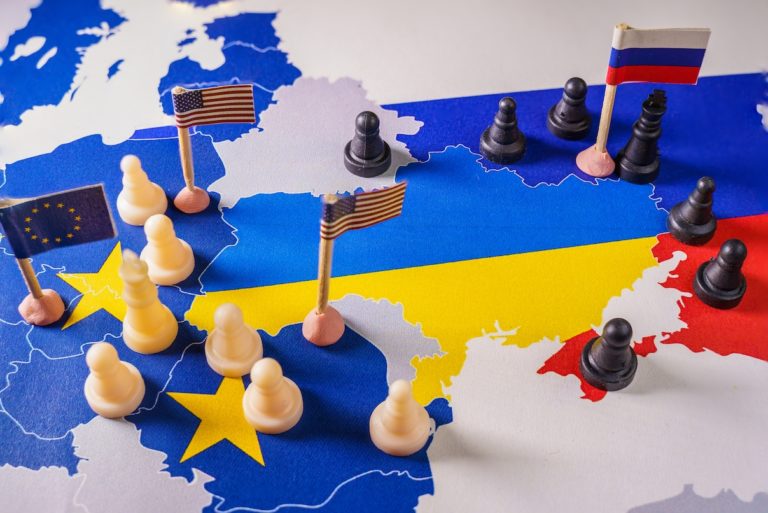Global perspectives on Russia-Ukraine War: The West vs. The Rest?
12/11/2022

The views expressed are solely those of the author (s) and not of Oxford Global Society.
Ivor Roberts, Robert Wade, Julie Newton, Zhao Hai, Adebayo Olukoshi, Praveen Donthi
At the beginning of the Russia-Ukraine war, many Western politicians and media reports claimed that “The world is united against Russian invasion”. This soon turned out to be a fallacy. During the last nine months, we have seen different narratives from the non-western world, including China and India, the world’s two most populous countries, and many African and Arabian countries. Despite pressure from the West, the non-Western world has largely continued its trade with Russia, declining to join the West’s sanctions against Russia.
In late September 2022, the Oxford Global Society (OXGS) held a webinar on the topic Russia-Ukraine War: The West vs. The Rest? The event brought together leading analysts from both the Western and non-Western worlds to understand better different perspectives on the war in Ukraine and global politics more generally. The event analysed a number of prominent issues arising from the war, including the principle of respect for sovereignty and the threat of nuclear confrontation.
After the event, we invited the speakers to contribute a summary of their views from different perspectives: Robert Wade (the Western), Julie Newton (the Russian), Zhao Hai (the Chinese), Adebayo Olukoshi (the African), and Praveen Donthi (the Indian). In addition, Sir Ivor Roberts, who chaired the webinar, provided his reflections on the discussion. This report is based on the six contributions.
As a non-political think tank, OXGS aims to facilitate dialogue between countries and peoples who hold very different views about the world. In an increasingly politicized and polarized world, we aim to transcend values, ideologies, and national boundaries. Our hope is that this report will help the reader in understanding the different approaches and perspectives towards the conflict.
The report consists of the following sections:
1. Reflections on the alternative view about Russia-Ukraine War
2. Is NATO ultimately to blame for Russia’s invasion of Ukraine? No and yes
3. Who is to blame, Putin or NATO?: “The colour of truth is grey”
4. The Ukraine Crisis: A Chinese Perspective
5. Discontents about the Conflict in Ukraine: A Perspective from Africa
6. India’s approach to Ukraine war: Strategic autonomy
